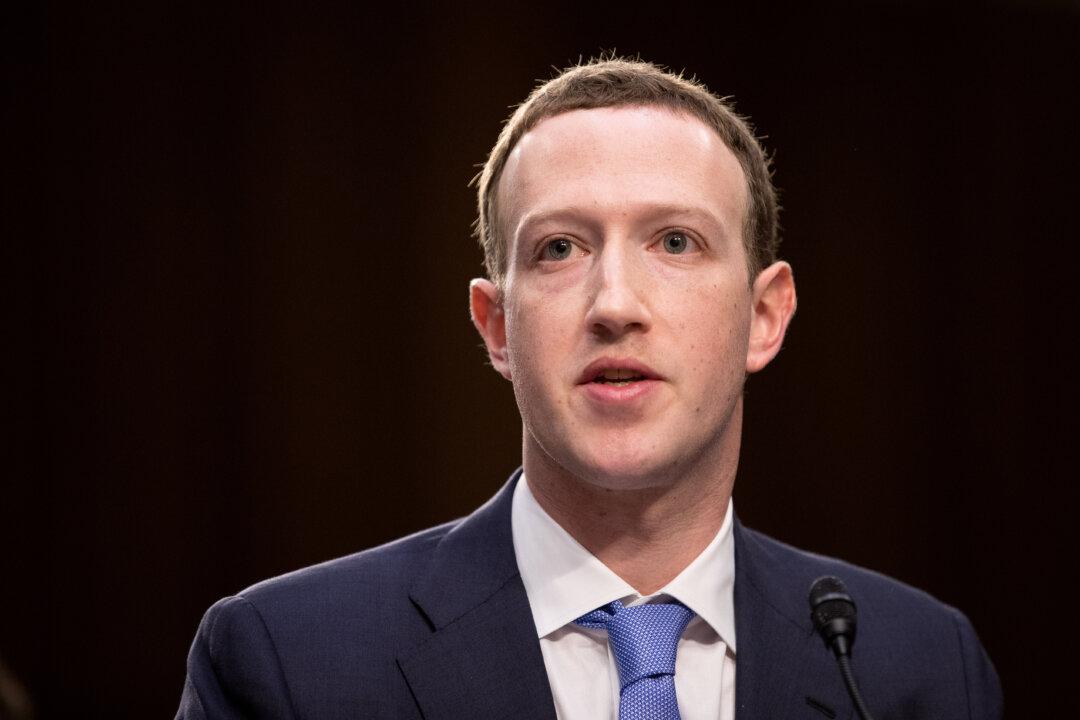Facebook has teamed up with Ray-Ban to launch a pair of smart glasses that the social media giant says are “designed with privacy in mind,” though the product is already sparking privacy concerns.
The glasses, which were created in partnership with Ray-Ban maker EssilorLuxottica, allow wearers to listen to music, take calls, or capture photos and short videos and share them across Facebook’s services using a companion app, the company announced in a Sept. 10 release.





